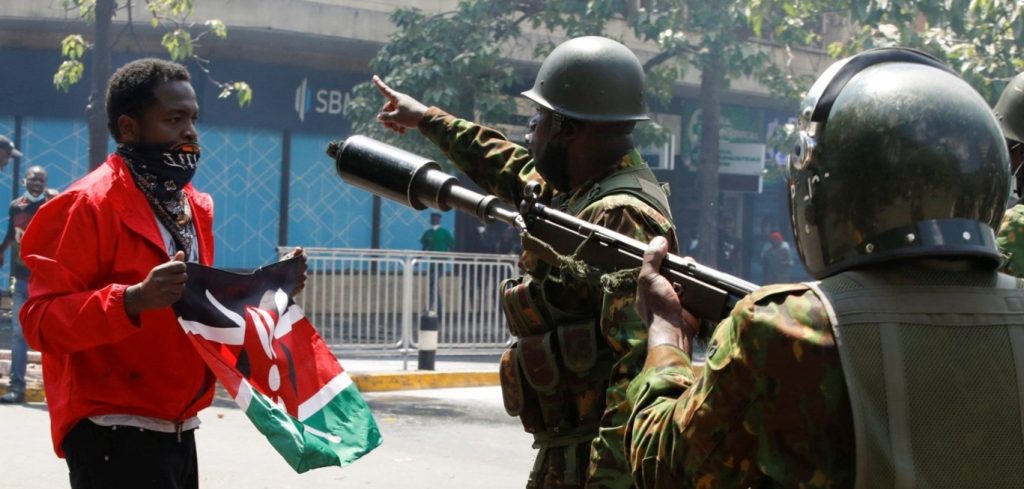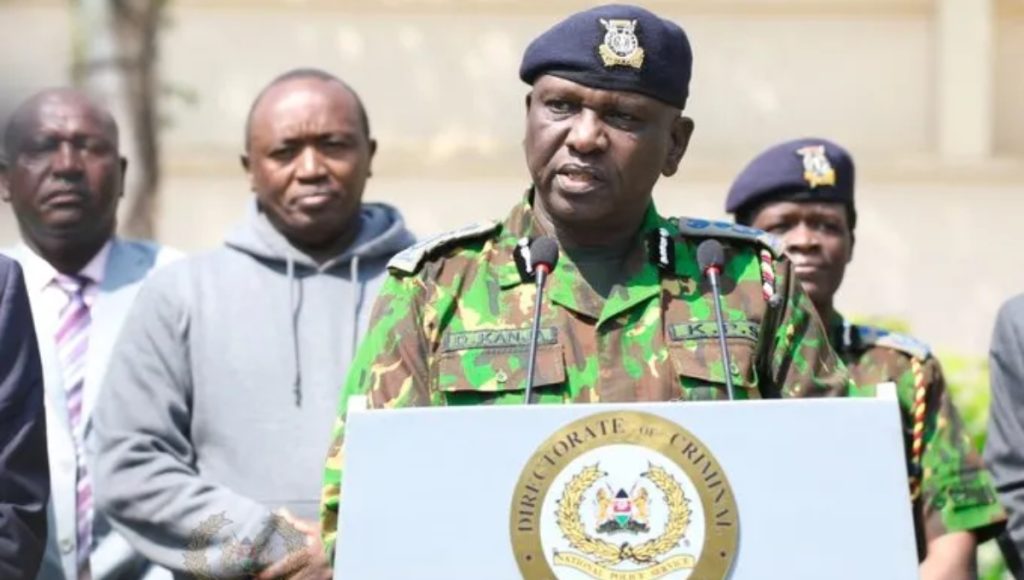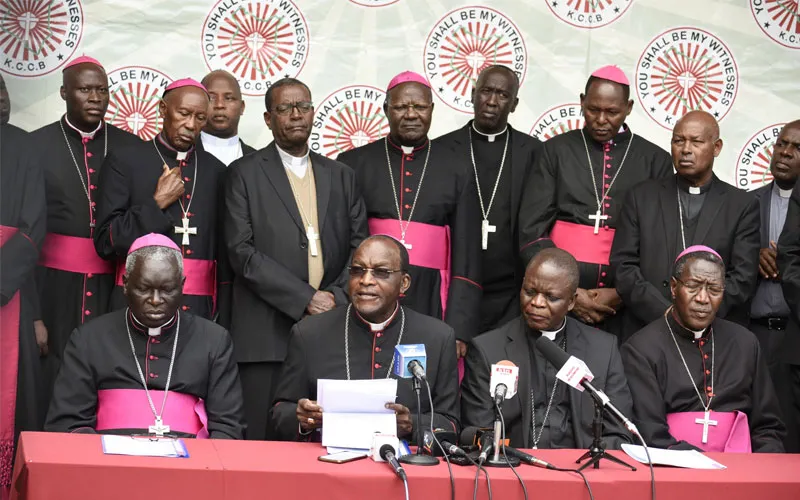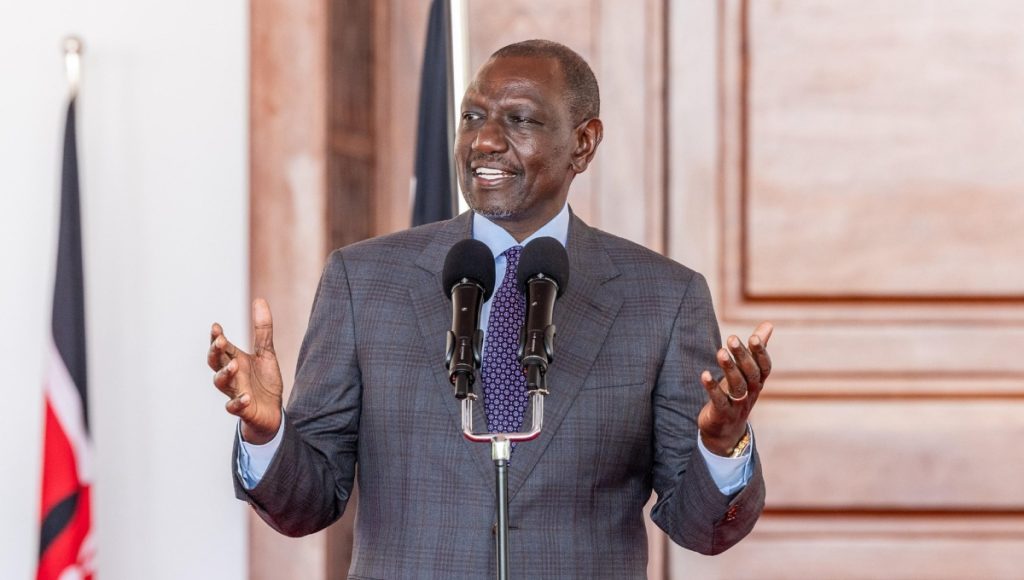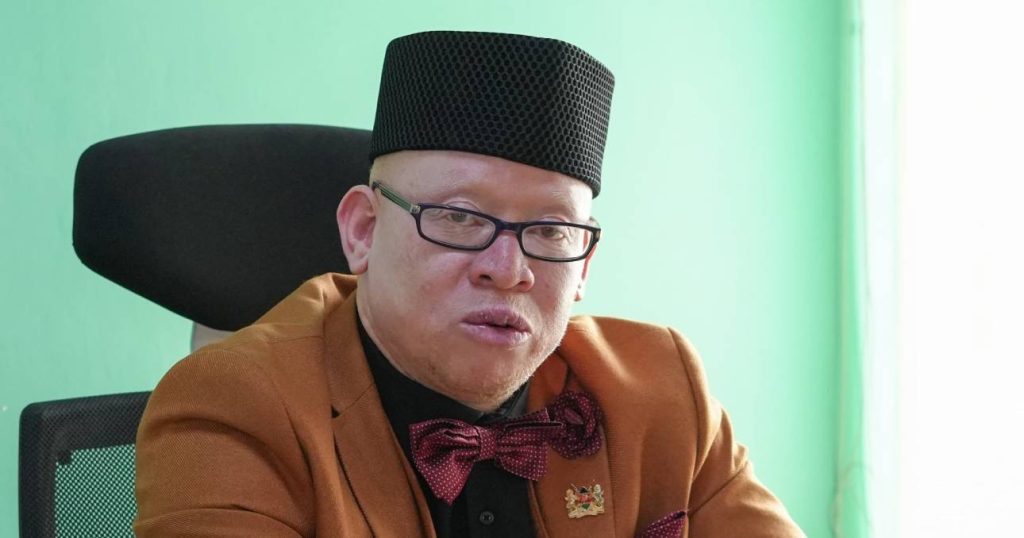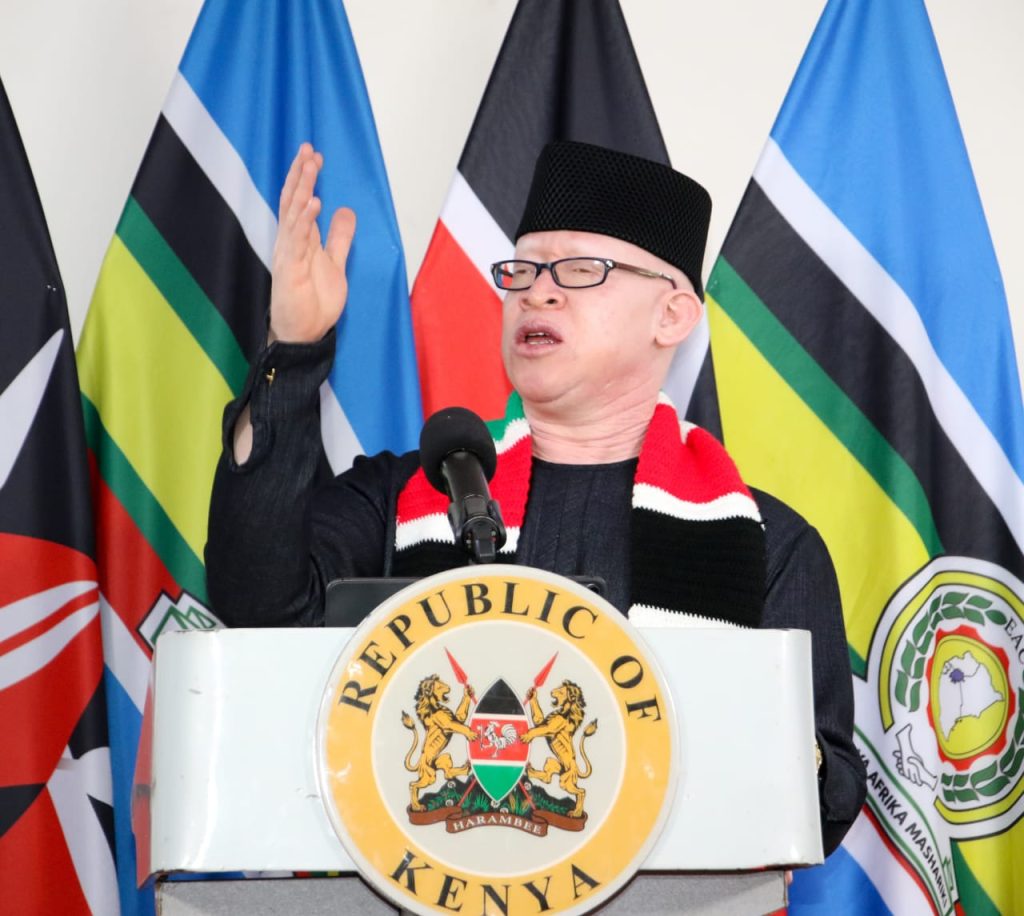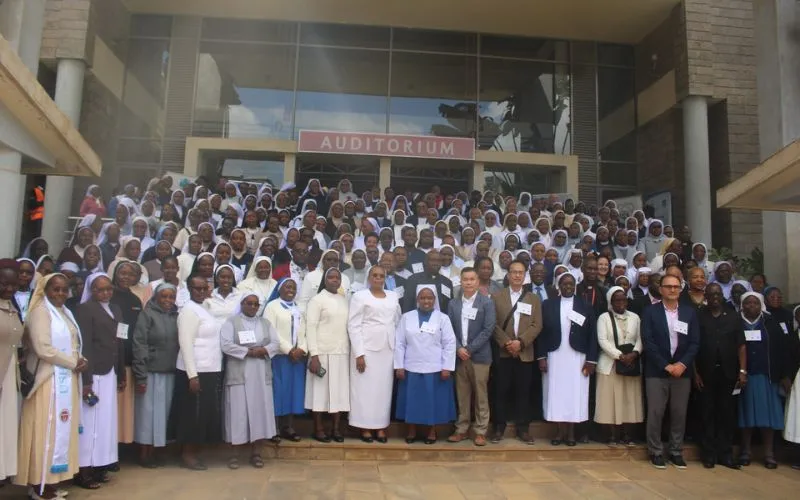June 2024 will be go down in Kenya’s history as a pivotal moment that not only challenged the very foundations of its political infrastructure but also heralded an unprecedented awakening among Kenyan youth.
It was a period when a new generation discovered its collective power, amplified its voice, and demonstrated an unwavering resolve to champion a future they envision.
What began as a largely digital uprising against proposed tax increases swiftly escalated into a nationwide movement demanding greater accountability, justice, and a meaningful voice in governance.
Today marks one year since thousands of Kenyan youth took to the streets, demonstrating to the world the potent strength found in unity.
Their protests against the contentious Finance Bill 2024, tragically leading to fatalities and abductions of young Kenyans, subsequently fueled broader demands for systemic change in governance.
This was a movement distinct from conventional political gatherings. It was remarkably decentralized and organically driven, largely orchestrated by Gen Z, whose rallying cry resonated with “Leaderless, Partyless, and Tribeless.”
Their frustration and rage found resonance across society, particularly among those who felt that the government’s additional tax proposals were punitive and unsustainable.
The Finance Bill 2024, published on May 9, 2024, had proposed a 16% Value Added Tax (VAT) on essential goods such as bread, sanitary towels, and diapers.
It also introduced a 2.5% annual tax on motor vehicle value and sought to make the 1.5% housing levy deduction on gross pay permanent.
Furthermore, a 20% withholding tax targeting content creators sparked widespread outrage.
These proposals triggered an immediate online backlash. Gen Z actively mobilized across social media platforms like X (formerly Twitter), TikTok, and Instagram, trending hashtags such as #RejectFinanceBill2024, arguing that the bill would place an unbearable burden on ordinary citizens.
The digital activism transitioned into tangible action on Tuesday, June 18, 2024, when thousands of Kenyans, including various public figures and celebrities, poured onto the streets of Nairobi to protest the Finance Bill.
Actress Jackie Matubia shared her emotional experience during the protest, posting a video on Instagram, stating, “Mimi nimzalendo Leo nimekula teargas…I did it for everyone who couldn’t do it. May our voices as youth of this country be heard… #rejectthefinancebill.”
Other notable personalities who joined the demonstrations included pop artist Charisma, musician Dan ‘Chizi’ Aceda, rapper Nyashinski, actors Abel Mutua and Blinky Bill, content creators Azziad Nasenya and Flaqo, pop singer Nadia Mukami, comedian Oga Obinna, and even controversial internet personality Andrew Kibe.
Beyond the celebrity involvement, several activists emerged as prominent voices during the protests. Among them were Shakira Wafula, whose powerful image confronting police gained global recognition, and music teacher Kasmuel McOure, often likened to the late political icon Tom Mboya.
Others like Anini Barasa, Inject party leader Morara Kebaso, and Hanifa Adan actively organized rallies, engaged politicians on live television, and stood firm against police actions.
The protests steadily gained momentum, culminating in a dramatic escalation on June 25, 2024, when thousands of protesters stormed the Parliament Buildings during the bill’s third reading.
Videos of protesters waving Kenyan flags and chanting while braving teargas in Nairobi CBD under the #OccupyParliament hashtag went viral, drawing significant international attention.
However, this pivotal moment was marred by tragic loss. Several protesters, including Rex Kanyike Masai, Ericsson Kyalo Mutysia, Shaquille Ramsfield Obienge, Abdi Kadir, Evans Kiratu, Eric Shieni, David Chege, Beasley Kamau, Ibrahim Kamau, Kennedy Onyango, Emmanuel Tata, Benson Mbithi, Michael Kihuga, Austin Makhoka, Caroline Shiramba, and Eric Kayoni, lost their lives, and many more were injured.
In response to the immense national outrage, President William Ruto, in an address on June 26, 2024, announced his decision not to sign the Finance Bill into law. He subsequently withdrew the bill and extended an invitation for dialogue with the youth.
While the withdrawal of the bill was hailed as a hard-won victory, the celebrations were quickly tempered by surfacing reports of abductions and sustained police brutality against protesters. This shift in focus led Kenyans to demand accountability and justice for the victims.
Activists like Boniface Mwangi initiated renewed street campaigns, redirecting the movement’s focus from fiscal policy to comprehensive police reform. subsequently, Hanifa Adan’s viral M-Changa fundraiser garnered over KSh 31 million, providing crucial financial support for injured protesters and bereaved families.
The sustained pressure on the government led to a significant political turning point on July 11, 2024, when President William Ruto dissolved almost his entire Cabinet, retaining only the then Deputy President Rigathi Gachagua and the Cabinet Secretary for Foreign Affairs and Prime Cabinet Secretary, Musalia Mudavadi.
This drastic measure was widely interpreted as an attempt to reset the government’s image and address public discontent.
When the new Cabinet was subsequently formed later in July 2024, a notable shift in political formation emerged with the inclusion of prominent figures from the opposition, such as Opiyo Wandayi (appointed to Energy), Hassan Joho (Mining, Blue Economy and Maritime Affairs), and John Mbadi (National Treasury).
his move, aimed at creating a “broad-based government,” sparked mixed reactions, with some seeing it as a step towards national unity, while others criticized it as co-optation of the opposition.
On the other hand, Kasmuel McOure, who had become a symbol of the Gen Z movement, announced his decision to officially join the Orange Democratic Movement (ODM) party on November 10, 2024.
This move was met with diverse opinions; while some viewed it as a strategic entry into mainstream politics to effect change from within, others questioned his earlier “Leaderless, Partyless” stance and perceived it as a betrayal of the movement’s core tenets.
Adding to the political shifts, Deputy President Rigathi Gachagua faced an impeachment process, which culminated in his removal from office on October 17, 2024, after the Senate upheld five charges, including allegations of corruption and abuse of office.
President Ruto subsequently nominated Kithure Kindiki as the new Deputy President. This unprecedented impeachment of a Deputy President further underscored the volatile and shifting political landscape.
For two consecutive years, the month of June has profoundly marked Kenya’s civic history. From the monumental storming of Parliament in June 2024, signifying a new era of youth activism, to the mourning and fury sparked by the tragic death of Albert Ojwang’ in police custody in June 2025, the month now carries a powerful symbolic weight, representing the simmering frustrations of the youth boiling over into the streets and their enduring demand for a more just and accountable governance.
By Zynat Sandra and Alex Kimani



